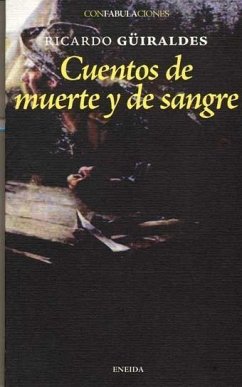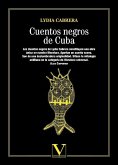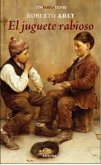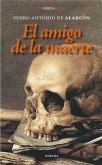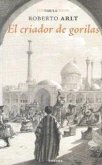Andere Kunden interessierten sich auch für
Produktdetails
- Verlag: Eneida Editorial S.L.
- Seitenzahl: 144
- Erscheinungstermin: Mai 2008
- Spanisch
- Abmessung: 210mm x 130mm
- ISBN-13: 9788495427236
- ISBN-10: 8495427230
- Artikelnr.: 31434088
Hinweis: Dieser Artikel kann nur an eine deutsche Lieferadresse ausgeliefert werden.
- AGAPEA FACTORY
- c/ Bodegueros, 43nave5
- 29006 Malaga / SPANIEN, ES
- contactogpsr@agapea.com
(1886-1927) Argentine poet, short story writer and novelist, Güiraldes is one of the greatest exponents of "criollismo" along with Rómulo Gallegos (Venezuela), José Eustasio Rivera (Colombia), Horacio Quiroga (Uruguay-Argentina), and Benito Lynch (Argentina). In his work the search for a literary language capable of expressing and objectifying the essential values ¿¿of his country is appreciated. He covered the regionalist narrative with an undoubted poetic value, and managed to combine an elaborate literary language with regional speech. His famous novel Don Segundo Sombra managed to literarily elevate the gaucho and reveal the collective soul of Creole Argentina. Born in Buenos Aires, the son of a wealthy rural family. During his childhood, at Estancia La Porteña, he got to know gaucho life up close. He studied architecture and law studies but did not finish them. He traveled to Paris, a city to which he returned several times, and toured Europe and some eastern countries such as India and Japan. In his travels he met and befriended various European writers, particularly Valery Larbaud. In Paris he experienced bohemian life and came into contact with European literature and avant-garde trends, an experience that influenced his literary training, and in Buenos Aires he participated with Jorge Luis Borges in the foundation of the Argentine magazine Proa. His first publication was The Crystal Cowbell (1915), of a postmodernist style and in which his taste for symbolist French poetry and, particularly, that of Jules Laforgue is evident. Although considered primarily a novelist, Güiraldes was always a poet in prose, with a unique aesthetic gift, combining storytelling and lyricism. Published in 1915 the Tales of Death and Blood, already show the aesthetics of his greatest works: the emptying of a reality of his own that he deeply loves - the native land and its traditional themes - in European molds of post-war literature. Progressively the novels appeared: Raucho (1917), autobiographical cut; Rosaura (1922), sentimental history, and then his two best-known works: Xaimaca (1923), a love trip from Buenos Aires to Jamaica, and Don Segundo Sombra (1926). Güiraldes configured the image of the gaucho outside of a social context and the sublime: loneliness is its essence and its wandering on the road is the way to conquer and give meaning to life; It is the symbol of the pampa and therefore an American symbol. The pictures of the gaucho life and the Argentine landscape that are elaborated throughout his work are impregnated with a powerful lyrical vigor. Shortly after receiving the National Literature Prize, Güiraldes traveled to Paris, where he died in 1927.

